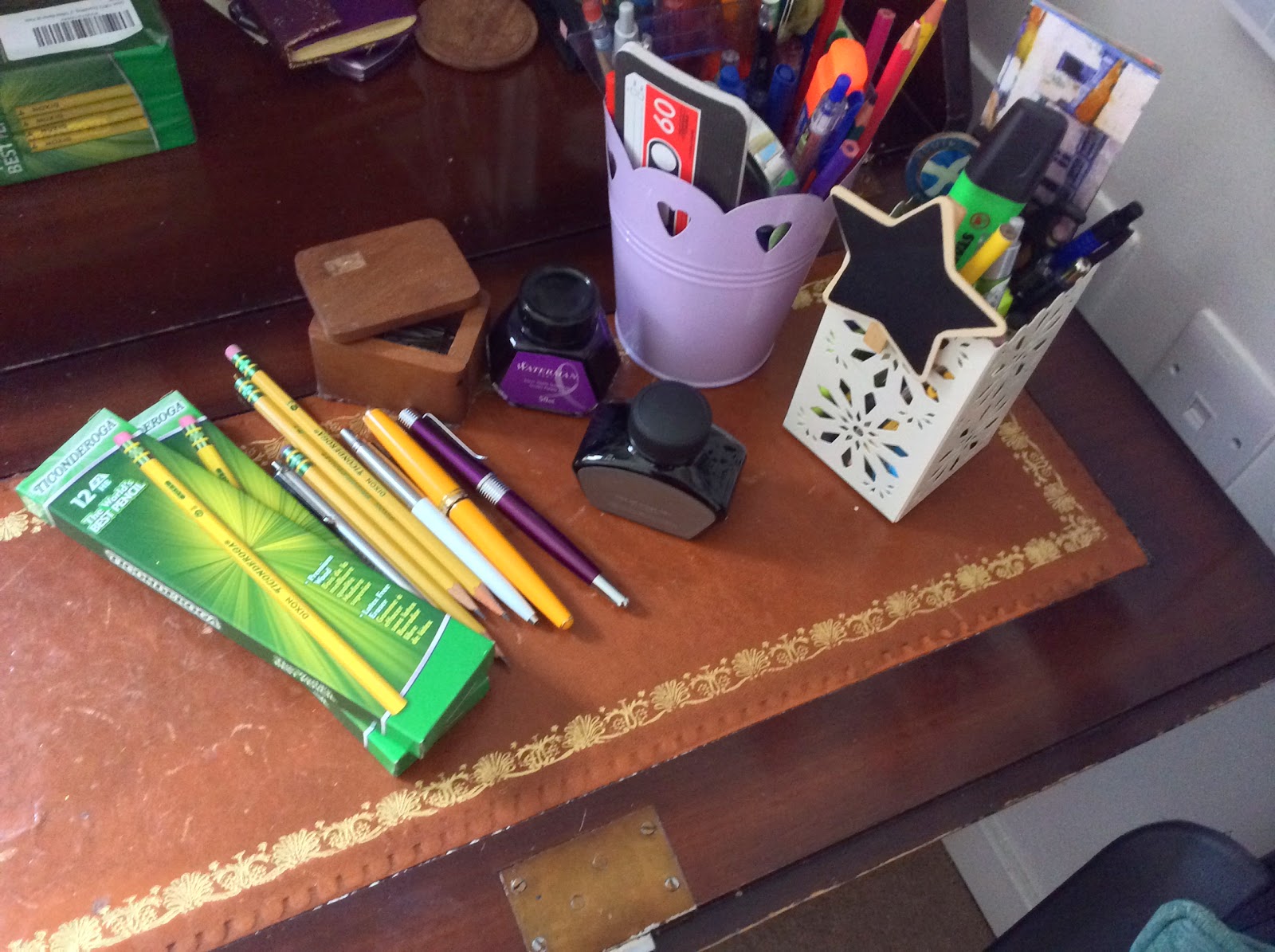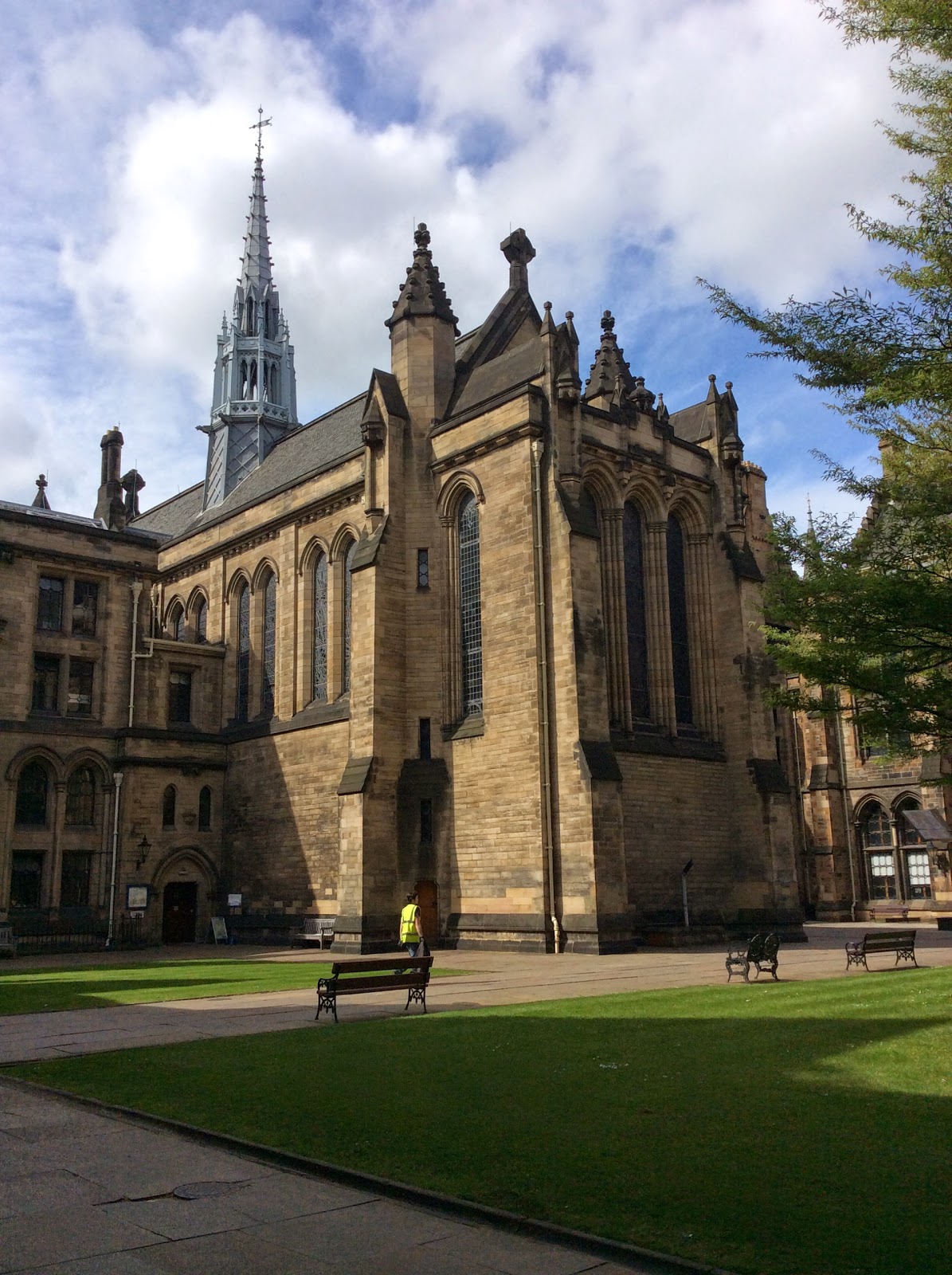A book I ordered on the post arrived today. Here it is:
What the pictures can't convey is the musty smell of the old book (which I bought for less than three pounds, most of it for p/p) and my joy in actually holding it in my hands. You see, this book was described as "inaccessible" in another academic book. That one, on foreign visitors in Constantinople between the tenth and thirteenth century, became available to me through an interlibrary loan. I got access to both books within three or four days after requesting them, and without having to travel far and wide in order to get them (well, I had to go to the University Library for the ILL[1] one, but that's not far. At any rate you are supposed to see the inside of a library while you're doing a PhD, even nowadays).
There really is no "inaccessible" today, is there?
[1] ILL: InterLibrary Loan. A wonderful thing, for which universities pay quite a bit of money, sparing you the trouble (and expense) of going on a quest to find a book necessary to your research yourself. But it seems there are people who order books and then don't bother to go pick them up. Recently the university has decided to impose a penalty - a fiver - in such cases.
What the pictures can't convey is the musty smell of the old book (which I bought for less than three pounds, most of it for p/p) and my joy in actually holding it in my hands. You see, this book was described as "inaccessible" in another academic book. That one, on foreign visitors in Constantinople between the tenth and thirteenth century, became available to me through an interlibrary loan. I got access to both books within three or four days after requesting them, and without having to travel far and wide in order to get them (well, I had to go to the University Library for the ILL[1] one, but that's not far. At any rate you are supposed to see the inside of a library while you're doing a PhD, even nowadays).
There really is no "inaccessible" today, is there?
[1] ILL: InterLibrary Loan. A wonderful thing, for which universities pay quite a bit of money, sparing you the trouble (and expense) of going on a quest to find a book necessary to your research yourself. But it seems there are people who order books and then don't bother to go pick them up. Recently the university has decided to impose a penalty - a fiver - in such cases.











